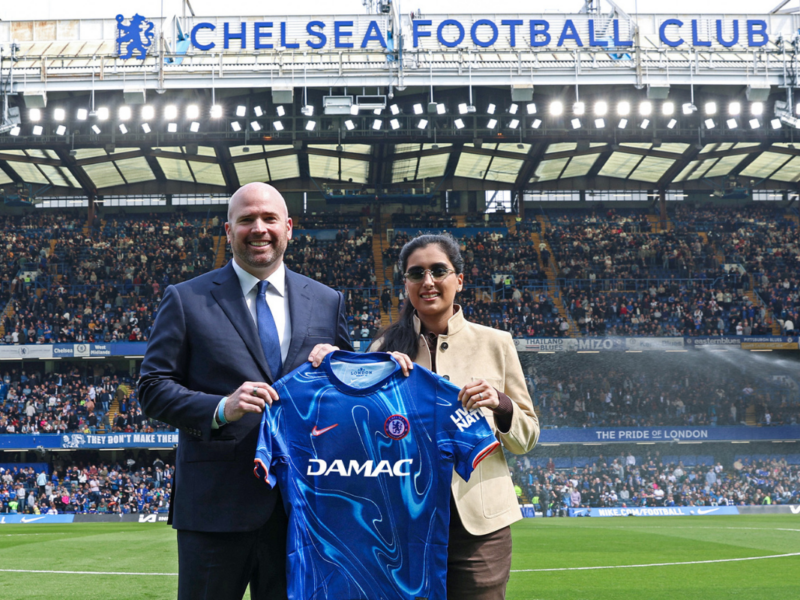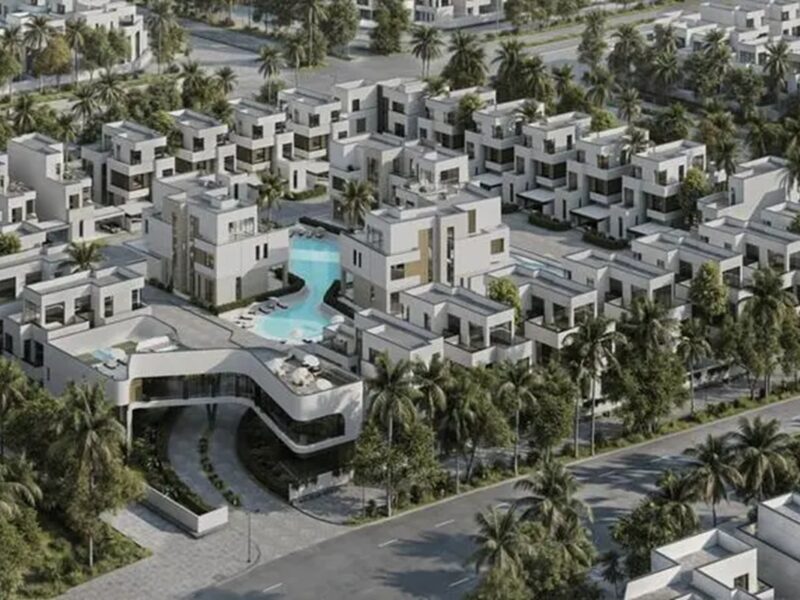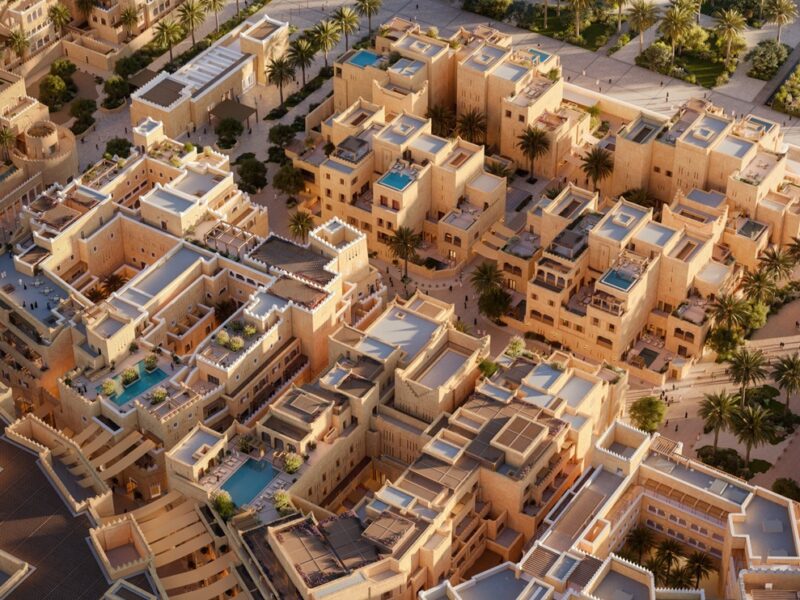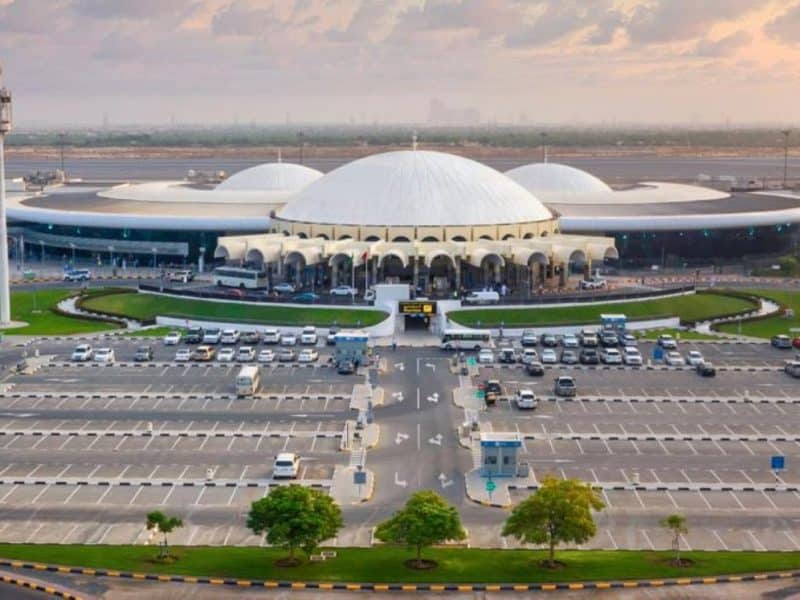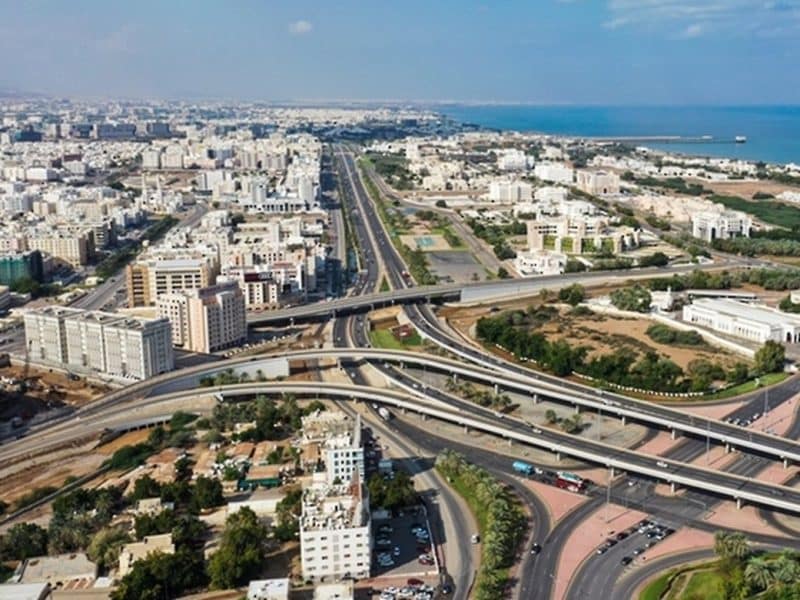Emaar Properties share buy back is set to increase investor confidence, time will tell whether it will create more than a ripple in the turbulent markets. By Lauren Hills.
Emaar properties, the Middle East’s largest real estate developer according to market value, and the developers of the world’s tallest building, closed at AED 7.57 on September 11, the lowest share price the company has experienced in 41 months.
Chairman of Emaar properties, Mohamed Ali Alabbar emphasised that the fall of Emaar’s share price is not due to regional performance, but rather due to the credit crises and the global economic deceleration that has been felt in recent months.
Due to massive speculation, prices in the real estate sector have increased by 60% since the beginning of this year.
“Declines in regional markets are largely not in line with the fundamentals of the majority of companies listed here, including Emaar,” Alabbar said.
Confidence in the local real estate market has been shaky recently, with investors being put off by corruption probes, government-regulated restrictions on speculation and the increasing talks of oversupply in the market.
Rami Sidani, head of investments Middle East at Shroder said: “Real Estate in the UAE is going through a crucial time. While the demand is strong, the supply is stronger. Due to massive speculation, prices in the real estate market have increased by 60% since the beginning of this year, and this has not been good for the industry. We need to see a stabilisation of prices.”
In August of this year, Morgan Stanley predicted that Dubai real estate values could fall by as much as 10% by 2010, after the seven years of uninterrupted growth that the UAE real estate market has enjoyed, since first allowing foreigners to buy property.
Shares in Emaar Properties have fallen by almost 50% in 2008, and September alone saw the sharp decline from AED 9.06 on September 1 to AED 7.57 on September 11.
Looking specifically at Emaar’s buyback programme, Sidani said: “We expect this move to restore investor confidence in Emaar, the real estate sector and the entire UAE market.”
However, he explained further that a share buy back does not represent a fundamental correction.
“There are more barometers that need to be changed. The stock reaction to the buy back programme will depend on the amount of shares that are bought back by Emaar. The share buyback programme starts on 1 October, so we will only be able to judge the outcome on the market from then.”
While Sidani emphasised that it is important for companies to invest in their own growth, and that buying back shares sends a strong and confident message to financing institutions and investors, he says that the share buy back programmes are often little more than a positive gesture.
Sidani says that it is through large-scale initiatives like the AED 50 billion emergency credit fund set up by UAE Central Bank that the market will see real change. This lending facility “is easing the pressure on the real estate industry by allowing liquid funds to be made available to homeowners, investors and developers.”
The property industry in the UAE is a driving force of the non-oil economy, and without credit available the purchase of property is expected to shrink dramatically.
Banks across the globe have set up emergency credit structures to ease the economic pressures, and while the UAE has held off until recently, the latest move by Central Bank could possibly be the boost that the real estate industry needs in its attempt to get over this hurdle and reassure investors in the market.
Emaars’s share buyback programme started on 1 October, in line with the Securities and Commodities Authority (SCA) regulation that companies cannot execute any share repurchase 15 days prior to the closing of the financial quarter.
Emaar released a statement in mid-September saying that “The repurchases will be made from time to time on the open market at prevailing market prices, through block trades or otherwise. Purchases may be started or stopped at any time without prior notice depending on market conditions and other factors.”
“At Emaar, we firmly believe that there is no better investment we can make than in our own future. The decision taken by the board of directors to buy back Emaar shares reflects our firm belief that those shares are currently undervalued in our marketplace,” said Alabbar.
Emaar properties have created residential developments that have helped to define lifestyle expectations in Dubai.
“The integration of schools, parks, landscaped grounds and retail centres into master-planned golf, equestrian and marina themed lifestyles has proved a winning combination,” states Emaar Properties.
With six business segments and more than 60 active companies, Emaar has a presence in over 36 markets spanning the Middle East, North Africa, Pan-Asia, Europe and North America. The company has established operations in the United Arab Emirates, Saudi Arabia, Syria, Jordan, Lebanon, Egypt, Morocco, Algeria, Libya, India, Pakistan, Turkey, Indonesia, USA, Canada and United Kingdom.
The Burj Dubai, the world’s tallest tower, is perhaps Emaar’s most iconic development.

